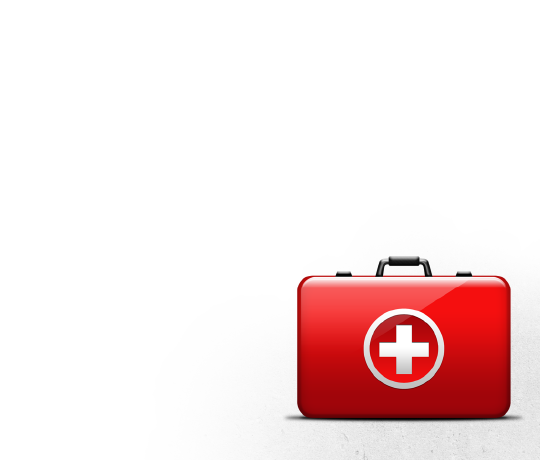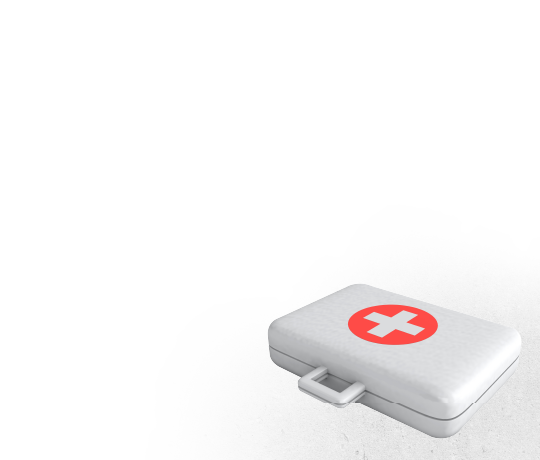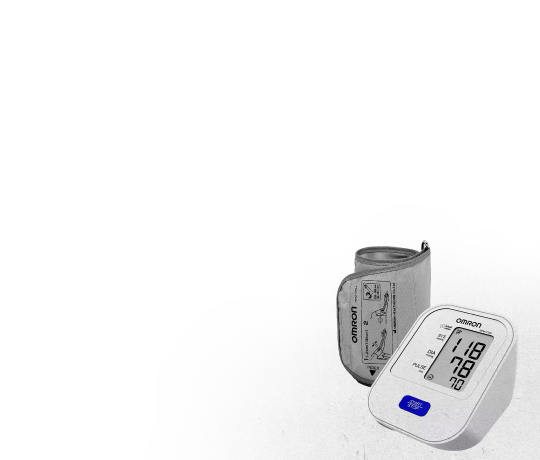Hay fever, also known as allergic rhinitis, is an allergic reaction to airborne allergens such as pollen, dust mites, mold spores, or pet dander. This reaction leads to inflammation of the nasal passages, resulting in symptoms like sneezing, nasal congestion, and itching.
Causes of Hay Fever
Hay fever occurs when the immune system overreacts to harmless airborne allergens. Common triggers include:
- Seasonal Allergens: Pollen from trees, grasses, and weeds (most common in spring and summer).
- Perennial Allergens: Dust mites, pet dander, mold spores, and cockroach droppings (present year-round).
- Irritants: Smoke, strong odors, air pollution, and weather changes can worsen symptoms.
Signs and Symptoms of Hay Fever
Hay fever symptoms can be categorized into early and late phases:
Nasal Symptoms:
- Early Phase (Occurs within minutes of allergen exposure):
- Sneezing (sudden and repetitive)
- Itchy nose, throat, and eyes
- Runny nose (rhinorrhea) with clear, watery discharge
- Nasal congestion (mild initially)
- Watery, red, and itchy eyes (allergic conjunctivitis)
- Late Phase (Occurs hours after exposure and can persist for days):
- Persistent nasal congestion (worsening)
- Postnasal drip, leading to a sore throat and cough
- Headache and facial pressure (due to sinus involvement)
- Fatigue and irritability (due to poor sleep from nasal congestion)
- Reduced sense of smell and taste
Eye Symptoms:
- Itchy eyes (hallmark symptom)
- Redness and inflammation (conjunctival hyperemia)
- Watery discharge (tearing)
- Swollen eyelids (mild puffiness around the eyes)
- Sensitivity to light (photophobia in severe cases)
Complications of Allergic Rhinitis
Untreated or poorly managed hay fever can lead to several complications:
- Sinusitis: Chronic nasal inflammation can block sinus drainage, leading to bacterial infections.
- Otitis Media (Middle Ear Infections): Eustachian tube dysfunction due to nasal congestion can cause fluid buildup and infections.
- Asthma Exacerbation: Allergic rhinitis is linked to asthma, and uncontrolled symptoms can trigger asthma attacks.
- Nasal Polyps: Chronic inflammation may lead to the formation of benign growths in the nasal passages.
- Sleep Disturbances: Congestion and postnasal drip can cause snoring, sleep apnea, and poor sleep quality.


























